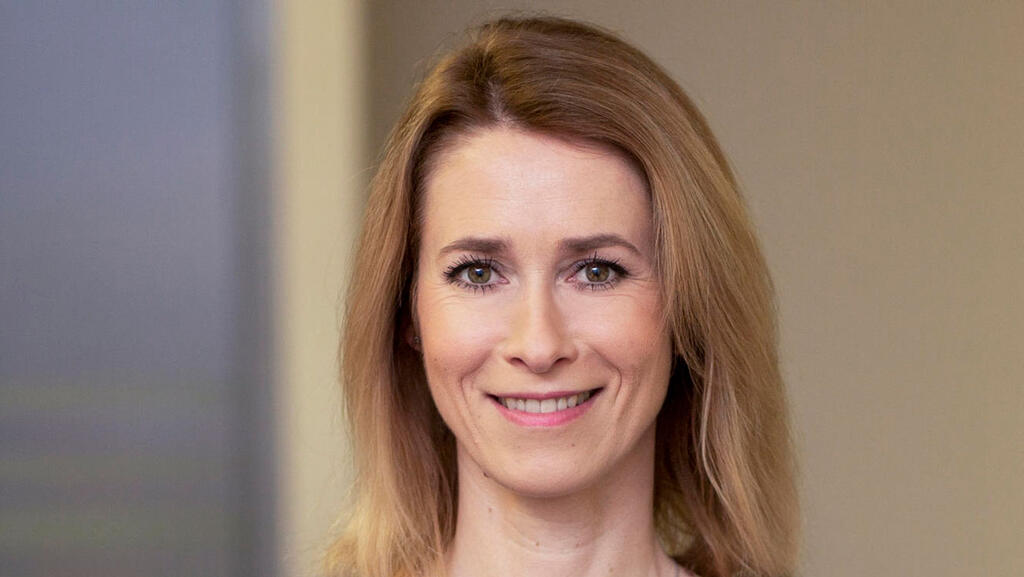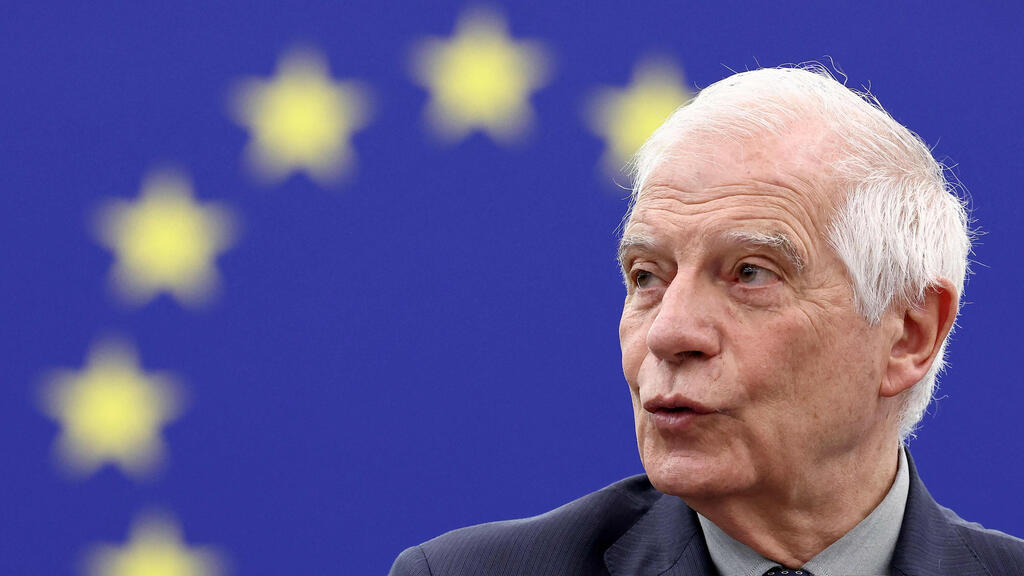Getting your Trinity Audio player ready...
After two weeks of negotiations and strategic maneuvering following the European Parliament elections, the heads of government and state from the largest parliamentary faction made several key decisions on Tuesday regarding top European Union positions.
Among the notable selections, Ursula von der Leyen of Germany was chosen for a second consecutive term as President of the European Commission. Von der Leyen is known as a friend of Israel and, if her appointment is confirmed in next month’s parliamentary vote, she is expected to wield even greater influence.
A significant positive development for Israel is the nomination of Estonian Prime Minister Kaja Kallas, from the liberal camp, for the position of EU foreign minister. She is set to replace the current High Representative, Josep Borrell.
While Kallas supports a two-state solution and has previously spoken extensively about the humanitarian situation in Gaza, she has also condemned the October 7 Hamas massacre and affirmed Israel’s right to self-defense. Regardless, almost any replacement for Borrell is seen as an improvement from Israel’s perspective, given his strongly critical stance.
Another role with potential improvement for Israel is the president of the European Council. Charles Michel, who has held the position and taken a critical approach toward Jerusalem, is set to be replaced by former Portuguese Prime Minister António Costa. Costa, who resigned last year amid corruption allegations, has been chosen for a two-and-a-half-year term, with the possibility of an extension if he performs well.
Additionally, it is good news for Israel that Roberta Metsola of Malta has been selected by the faction to continue as president of the European Parliament. Like Von der Leyen, she is considered a friend of Israel.
Jerusalem views the new appointments as generally favorable from a diplomatic standpoint. These figures have not been overly involved in Israeli affairs and are not seen as hostile toward Israel. However, these appointments still need to be approved in next month’s parliamentary vote, and Borrell will remain in his position until the end of October.
The parliamentary vote will be conducted by secret ballot and, while no major surprises are anticipated, there is always room for unexpected outcomes. For example, Von der Leyen has many opponents in parliament and narrowly secured her previous term by just nine votes above the minimum threshold.



